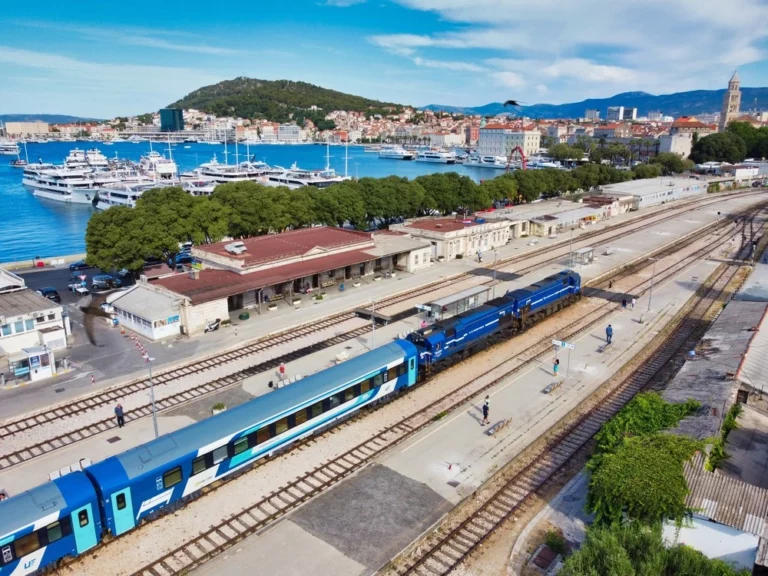Croatia
Minister told how Hungary could become independent from Russian energy

The Guardian: this Hungarian train journey is in Europe’s top 10 – PHOTOS

Military superpowers to send soldiers to NATO’s new Hungarian battalion

Could Hungary’s gas supply hold? Here is the worst case scenario!

Opposition confronts Orbán about drone in Hungarian airspace

Hungarian Gripens investigate suspicious radar contacts

Ukrainian military drone flew over Hungary and crashed in Croatia

Euro or forint? Here is what Hungarians think

Hungary and Croatia celebrate 30 years of diplomatic relations

Hungary wants Central Europe to join forces

Minister marks 30th anniversary of diplomatic relations with Croatia
Hungarian scientists picked up vibrations from an earthquake in Serbia

Crazy price increase in Budapest real estate market – New results!

Government’s communication shows no result, Hungary’s economy is plummeting

The aquatic Attractions of Hungary’s Neighbouring Nations

Christmas presents sent to 20,000 ethnic Hungarian kindergarteners living abroad – VIDEO

Hungarian-Croatian cultural heritage exhibition opens in Budapest – PHOTO GALLERY

Omicron variant detected near Hungary + latest COVID data





 ZH
ZH IT
IT DE
DE HR
HR NL
NL FR
FR JA
JA RO
RO RU
RU ES
ES TR
TR
